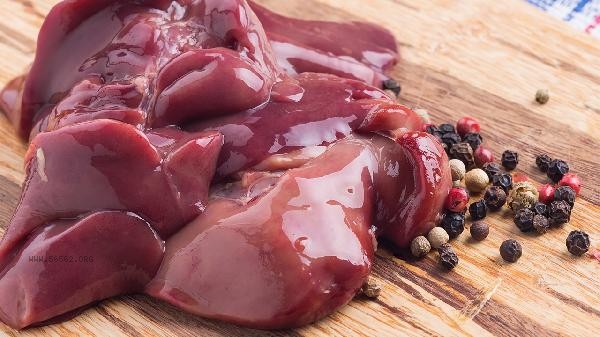Whether to gain muscle first or lose fat first depends on body fat percentage and fitness goals. When the body fat percentage is high, it is recommended to reduce fat first and then increase muscle mass. When the body fat percentage is normal or low, muscle mass can be directly increased. It is more scientific to prioritize weight loss for individuals with body fat percentage exceeding the healthy range. The muscle building efficiency is lower in a high body fat state, and fat accumulation can mask muscle lines. During the weight loss period, it is necessary to maintain a calorie deficit and reduce body fat through aerobic exercise and dietary control. It is recommended to use high-intensity interval training combined with resistance training, which can reduce fat while maximizing muscle retention. Protein intake should be maintained at 1.6-2.2 grams per kilogram of body weight to avoid muscle loss. When body fat drops below 15% in males and around 22% in females, it can enter the muscle building stage. Individuals with normal body fat percentage have a more significant direct muscle building effect. Muscle building requires calorie surplus and progressive overload training, with 3-5 strength training sessions per week, focusing on practicing compound movements such as squats, hard pulls, and bench presses. The recommended daily protein intake is 1.4-2.0 grams per kilogram of body weight, with carbohydrates accounting for 40-50% of total calories. During muscle building, body fat may slightly increase, but an increase in muscle mass will improve basal metabolic rate. When muscle mass reaches the plateau period, a 4-8 week weight loss cycle can be performed to expose muscle lines. Regardless of which path is chosen, it is necessary to ensure systematic training. The recommended duration for muscle gain is 3-6 months, while the recommended duration for fat loss is 2-3 months. The training plan should include periodic adjustments to avoid physical adaptation. In terms of diet, attention should be paid to balanced nutrition. During the muscle building period, healthy fat intake can be appropriately increased, while during the fat loss period, refined carbohydrates should be controlled. Sleep quality is crucial for muscle synthesis and fat metabolism, and 7-9 hours of high-quality sleep should be ensured every day. Regularly conduct body composition testing and adjust training and dietary plans based on data.









Comments (0)
Leave a Comment
No comments yet
Be the first to share your thoughts!